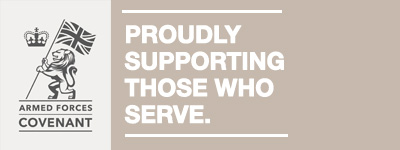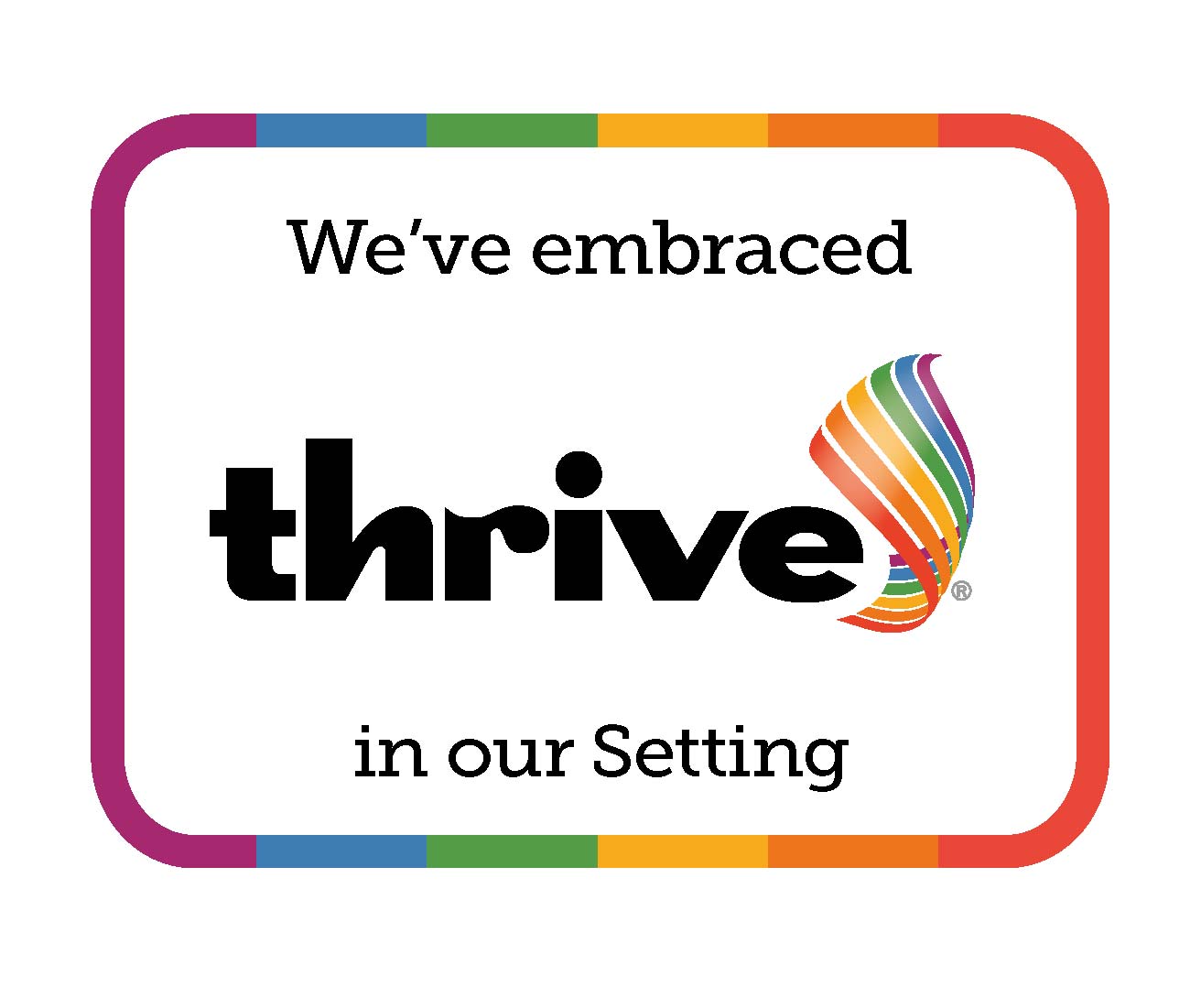Intent
Our vision is to create a distinctively Christian and values driven environment that provides the best start to the 70 or more great years our students should enjoy when they leave our school. Our students should have the opportunity to live life in all its fullness and be good citizens wherever they may be.
All our students will therefore have the opportunity to discover and develop their own talents, passions and abilities. Our key Christian Value of Vocation (discovering our God given talents through self-discovery, education and adventure) is vital to our picture of the curriculum. Our mantra is ‘Find the Child’ and our classroom-based curriculum (supported heavily by learning outside the curriculum) is a key mechanism for achieving this. To this end we need to ensure that students experience a truly broad range of subjects before they make their GCSE choices and that we effectively balance this with enabling them to obtain the characteristics and qualifications that employers and further and high education establishments will be expecting them to have.
The curriculum will maximise the development of core skills for life, including literacy, communication, numeracy, ICT, personal and social development for safe, happy and healthy lives, economic awareness, teamwork, problem-solving, critical thinking and leadership.

Personal development
Community service will be an integral part of academy life and enterprise opportunities will include social enterprise alongside business enterprise. All students will be encouraged to give up a portion of their own time to a wide range of volunteering opportunities. The far-reaching potential of Business and Enterprise to engage, motivate and extend learners will also contribute to their economic, personal and social wellbeing.
The curriculum will promote human relations which respect the needs, rights and beliefs of others. It will seek to develop empathy, awareness and tolerance of individual, personal and cultural differences and celebrate their distinctive contributions to our cultural heritage. Bullying behaviour and other forms of intimidation will have no place in school life. We will establish a pervasive climate in which expressions of prejudice and unfair discrimination are routinely challenged by all our people and the dignity of each and every individual is protected.
Transition from Primary school to Year 7
The Academy will provide an effective bridge from primary to secondary education. The Academy will develop strong partnerships with primary schools and make extensive use of the best practice from the primary stage to plan and to deliver the Year 7 experience. This will ensure that the dip in achievement that often characterises Year 7 is eliminated and students’ horizons are constantly extended. Learn more about our Year 7 Transition Program here.
'Find the Child' Approach
The curriculum will be matched to each student’s needs, encouraging an individual sense of purpose and direction. It will ensure students gain the wisdom, knowledge and skills across a broad range of subjects before they specialise at GCSE and also which is required for 70 or more great years after they leave the Academy. A personal, possibly unique route means curricula will be driven by what is right for the student rather than for the convenience of the Academy. Each individual pathway will include a curriculum that is challenging and enables pupils to maximise their potential.
The Key Stage 4 curriculum will enable students to consider their preferred vocation and explore alternative routes through a range of pathways. The Academy will offer a broad range of recognised qualifications and new forms of accreditation. The broad range of qualifications and life skills acquired by students will exceed what has been traditionally available in secondary schools in the UK.
Implementation
At The Samworth Church Academy the curriculum is split into three key stages. Key Stage 3 – Years 7 to 9, Key Stage 4 – Years 10 and 11 and Key Stage 5 – Years 12 and 13. We have planned and sequenced the curriculum so that pupils cumulatively build skills and knowledge in each subject over time and specialise only when necessary. Although we have always prided ourselves on offering a broad curriculum and a wide range of qualifications for older students, a new and clearer curriculum plan has been in place since September 2019 as a result of recent changes to leadership at the academy and a re-focus on the original vision and ethos of the academy sponsors. This approach will involve the following changes:
- Removal of three-year qualification courses and choosing qualification options in year 8;
- More experience of non-core and non-Ebacc subjects at key stage 3, particularly in years 8 and 9 after key skills are consolidated in year 7;
- Closer work with our 7 main feeder primary schools to minimise lost learning time at key stage 3 wherever possible and particularly in maths and English;
- Cross department collaboration to ensure the curriculum is coherent and key concepts are taught in a way that promotes consolidation of learning and development of wisdom as well as knowledge (use of drop-down curriculum days to enable cross-curricular teaching of key topics);
- PSHE being taught through Religious Studies and drop-down days
GCSE Subject Choices
The process begins with a Year 9 parent and student Information Evening in January/February and initial choices are requested from students shortly afterwards. This helps with curriculum planning and recruitment and at that point decisions are made by the executive team about which non-core subjects are likely to run. All group sizes need to indicate financial viability, except for where there is a particular special case for operating a smaller class as a ‘lost leader’. All students study our core subjects which are:
- English Language
- English Literature
- Maths
- Core and Additional Science (2 qualifications)/Separate Sciences
- Religious Studies (RS)
- Core PE (non-qualification)
Prior to student choosing their subjects there is a team leader analysis exercise of students’ ability to access Full EBACC provision. No students are force to access the Full EBACC, however personalised intervention will take place if a WILL student (see below) has not selected the Full EBACC but has been recommended for it. This intervention will take the form of an initial letter to make parents/carers aware of this, meetings and phone calls may then follow this. Students are categorised into three groups:
- Will (study the Full EBACC) – students choose a language, a humanities subject and one other free choice. Designed to secure the full English Baccalaureate qualification for our more academic students.
- Should (study the Full EBACC) - students choose one from either French, Spanish, History, Geography or Computer Science plus two other free choices. Designed to ensure a good range of subject choices and skill development for student and to meet the demands of the Attainment 8 and Progress 8 performance measures.
- May (study the Full EBACC) - students choose one from either French, Spanish, History, Geography or Computer Science plus two other free choices. Designed to ensure a good range of subject choices and skill development for student and to meet the demands of the Attainment 8 and Progress 8 performance measures. Some students will study an in-house designed Life Skills course (instead of a compulsory EBACC subject) plus two guided choices predominately from our vocational subjects but tailored to the particular skills and interests of the students.
The current offer of optional subjects for our Year 9 students includes:
|
Animal Care |
Dance |
Geography |
Media Studies |
Spanish |
|
Art |
Drama |
Hairdressing |
Music |
Technology (Systems) |
|
Business Studies |
Film Studies |
Health & Social Care |
PE |
Technology (Timber) |
|
Computer Studies |
Food Studies |
History |
Photography |
Technology (Textiles) |
|
Construction |
French |
iMedia |
Sports Science |
Technology (Paper) |
The first process of information gathering in February is then followed by a prolonged period of consultation and guidance of students utilising the knowledge and skills of a range of stakeholders (Careers Inc our IAG provider, the SENDCO and Student Values team, the relevant learning manager, the Curriculum Vocation team, tutors, subject leaders and parents/carers). The choices are then communicated home for final confirmation and checking in May ready for the new Year 10 courses to start in September. Learn more about Year 9 Guided Choices here.
Impact
From this curriculum we expect the following outcomes:
- An emphasis on wave 1 teaching rather than Key Stage 4 intervention
- Students to have an understanding of basic IT skills as well as Computer Science (through their provision in year 7 and year 8)
- Key Stage 3 students who have had an extended opportunity to consolidate their knowledge across the curriculum
- Well-rounded Key Stage 3 students who have had a broad experience of possible option subjects
- Students to have continuous input on key PSHE topics throughout their time at Samworth Church Academy
- At least expected progress examination outcomes for year 11 students. This is extensively supported through a balanced focus on core, option and wellbeing subjects
How will this be measured?
Outcomes of the curriculum will be measures through the following methods:
- Termly data cycle analysis
- Yearly outcome analysis
- RAG (red, amber, green) meetings
- Line management meetings
- Continuous evaluation of the academy improvement plan
- Lesson observations
- Work scrutinies
- Student voice feedback
Learn more about different year groups by clicking the images below.





